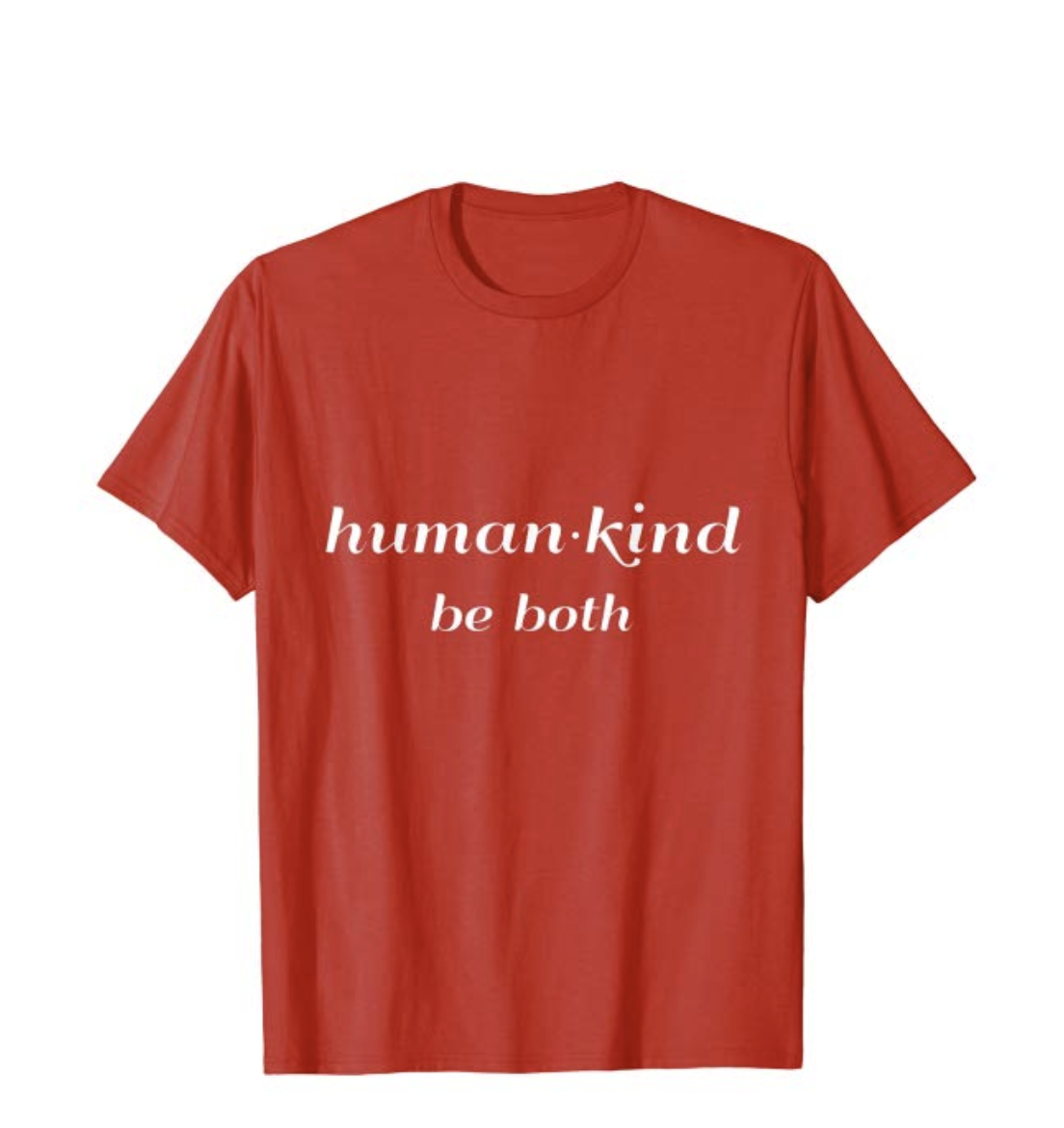Robert Levine died two weeks ago. You probably never heard of him. He was a social psychologist. I tore his obit out of the New York Times because I thought his work might be of interest to you. Today, the day after the U.S. House of Representatives condemned a U.S. President for tweeting racism, Levine’s work is most relevant and sadly, mostly lost. Robert Levine studied kindness and civility. These are words not used enough in private life, let alone politics today. I know some really kind people. They have made a conscious choice to be grateful, to see grace around them, and to treat gently the living things in their lives. In their presence you can sense the calm, the centeredness, the duality of twined inner and outer focus. I think this comes from determination and practice.
Then, there’s civility. We’ve lost a lot of that over the last few decades and these past three years have been particularly troublesome as the worst among us have been given permission to slither from the shadows and spew hatred, which is amplified by media, social and otherwise. In our own lives, civility can be lacking. The neighbor with the Trump sign in his yard—as we talked about issues, he tried to hug me—I stepped away, “Sorry, buddy. Can’t go there.” That was as civil as I could muster at the time. We have not spoken since—though in fairness, we didn’t speak much before, either. I wear a T-shirt, in public, that says, “All in all, he’s just another prick with no wall.” And, another that reads, “I do not want you down my shirt, I do not want you up my skirt, I do not want you near my rump, I do not like you, Mr. Trump.” Finally, my latest acquisition, “Super Callous Fragile Racist Sexist Lying Potus.” Free speech or provocative? Both. For the record, I also have a collection of “Bitch” T-shirts. Would I discuss Trump with a stranger? Probably not. Would I discuss immigration? I might. Health care? Maybe. But I always stop my car to get a turtle off the road. When I see someone crying or hurt, I stop to see if I can help.
Levine’s last book, published in 2016 was titled, Stranger in the Mirror, the scientific search for self. He wondered if the self was fixed or fluid. Are we different people with different people in different situations and times of our lives? “How will I be remembered when I die,” he pondered. “Will there be some kind of iconic me or an average me, like all my selves are splashed into a blender?”
We are so complicated. And, we change. As we search for self, we might want to ensure that kindness and civility are part of each one.
